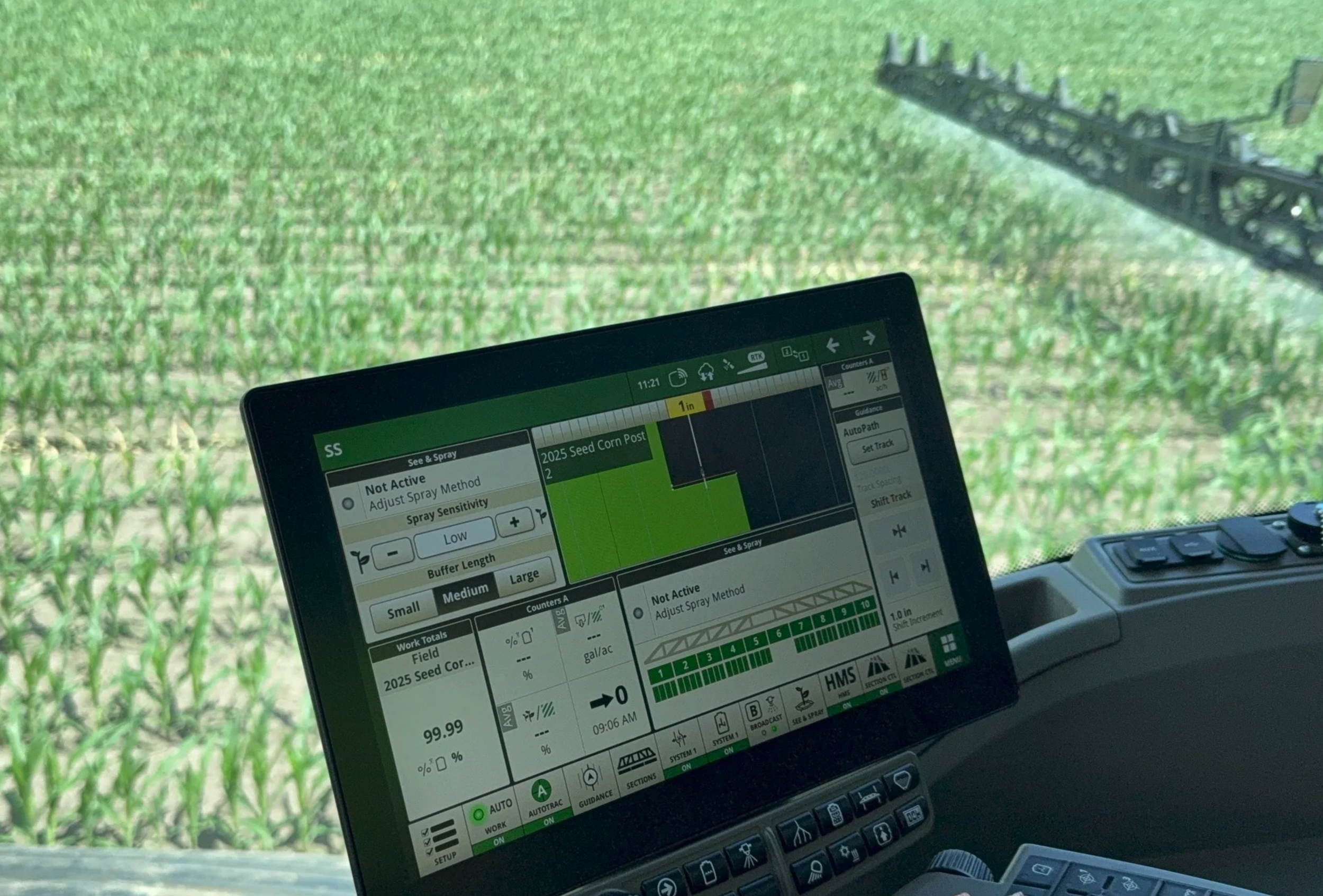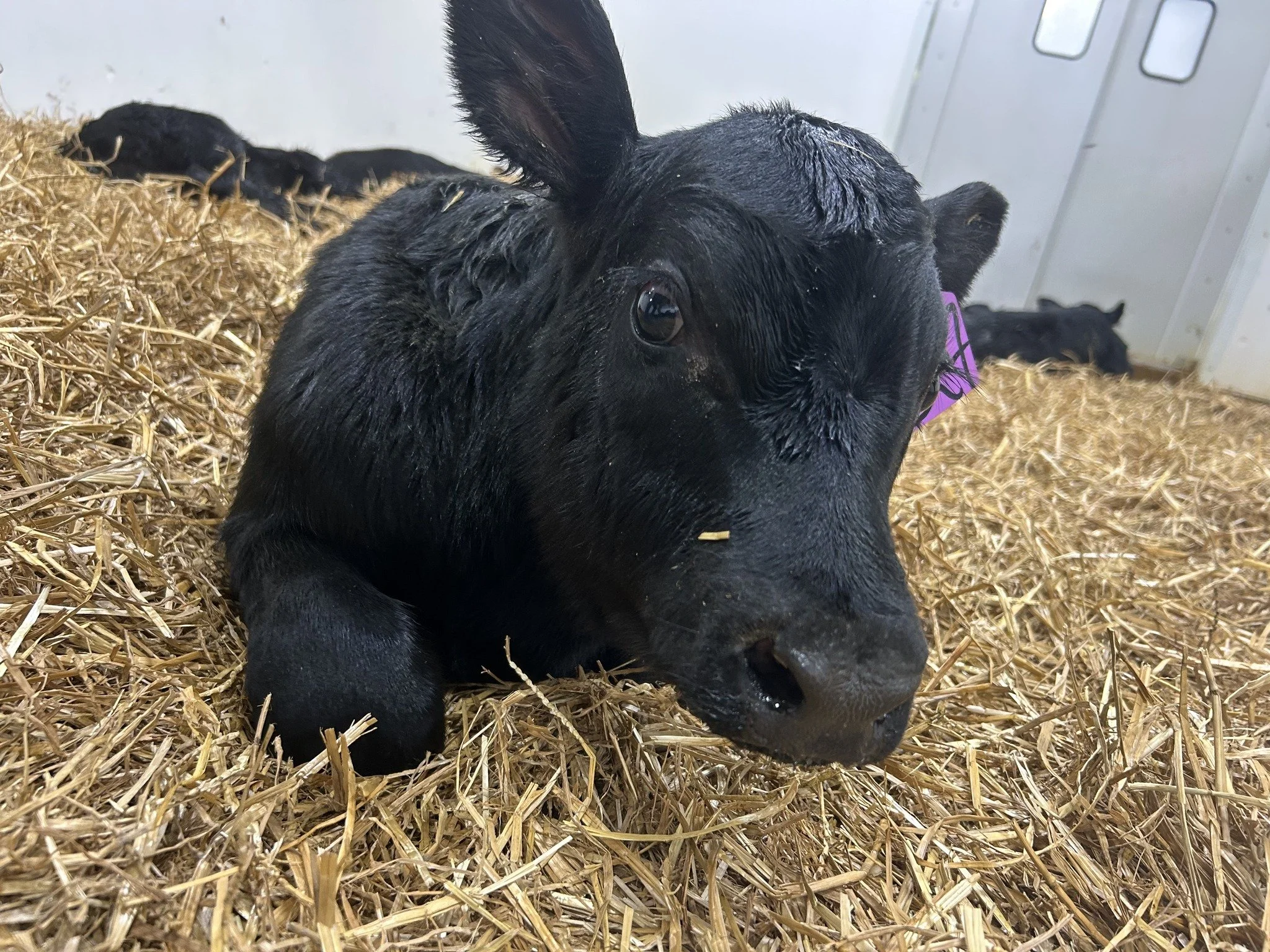Food Safety Modernization Act: The Produce Rule
/After years of legislative wrangling, rule-making, and extensive public feedback, the US Food and Drug Administration is finally implementing the Food Safety Modernization Act (FSMA). The FSMA authorizes new regulations for farmers who grow certain kinds of fresh produce and for certain facilities that process food. The Standards for the Growing, Harvesting, Packing, and Holding of Produce for Human Consumption (known more commonly as the “Produce Rule”) can have an enormous effect on farmers.
What is it? The Produce Rule (21 CFR 112) sets produce standards for agricultural water, soil amendments of animal origin and human waste, farm personnel health and hygiene, domesticated and wild animals near growing produce, equipment, tools, buildings, training, and sprout production. The Rule also addresses record keeping, available variances from the requirements, compliance, enforcement, and qualified exemptions.
Does it apply to me? Typically, operators who grow, harvest, pack, or store fruits and vegetables are subject to the Produce Rule. Some farms will be subject to both rules, neither rule, or only one rule. Operators who grow produce only for personal consumption are not subject to the rule. The Produce Rule is intended to affect only those farmers who sell their produce. Farmers who sell less than $25,000 on average per year are likely exempt from the rule. Farmers who grow produce rarely consumed raw may not be subject to the rule. The FDA provided the following exhaustive list of produce rarely consumed raw: asparagus, black beans, great northern beans, kidney beans, lima beans, navy beans, pinto beans, beets, sugar, cashews, sour cherries, chickpeas, cocoa beans, coffee beans, collards, sweet corn, cranberries, dates, dill, eggplants, figs, ginger, hazelnuts, horseradish, lentils, okra, peanuts, pecans, peppermint, potatoes, pumpkins, winter squash, sweet potatoes, and water chestnuts. Produce rarely consumed raw is not subject to the Produce Rule.
Which requirements apply to me? If an operator grows produce that will be processed to kill pathogens (e.g., canned vegetables), the farmer is likely subject to modified requirements under the Produce Rule as long as the farmer provides certain statements in documents accompanying the produce and maintain the required records. If the food will not be processed, but the farmer sells, on average, less than $500,000 of food per year and sells more than half of it to a qualified end user, the farmer will be subject to direct marketing modified requirements under the Produce Rule. Qualified end users are restaurants, consumers, or retail food establishment within the same state or within 275 miles of the farmer, assuming the restaurant or retail food establish is buying the food to sell directly to consumers. If the farmer sells less than $500,000 of food per year (on average), but does not sell more than half of it to qualified end users, he will be subject to the full requirements of the Produce Rule as a Small Business. If the farmer sells more than $500,000 per year, he is subject to the full requirements of the Produce Rule. A farm or operation subject to modified requirements must comply with the Produce Rule subsections regarding record keeping, compliance, and enforcement. The farm also must clearly label its products with the farm’s name and business address.
Where do I start? The FDA created a flowchart that can help farmers figure out whether they are covered. Check it out here. If you believe the Produce Rule applies to you, you’ll have a few years to come into compliance. The Produce Rule is effective as of January 26, 2017. Farms covered by the rule (in full or in part) will have 2 to 4 years to comply, based primarily on revenue thresholds.




